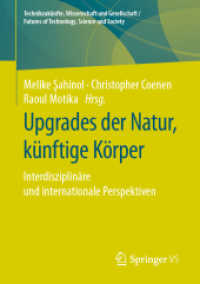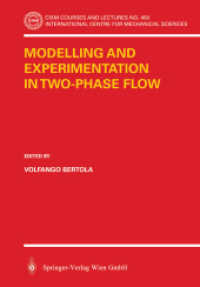Description
(Text)
Decentralization in Indonesia allowed forest-dependent communities to legally trade in their customary forest rights for a share in timber rents. Despite uncertain property rights, communities engaged in negotiations with firms for logging agreements. The benefits that flowed to communities from these agreements varied significantly. Research was undertaken, first, to compare the impacts of mechanized logging on communities before and after decentralization. The second aim was to analyze the potential factors underlying the variation in post-decentralization outcomes. A conceptual framework and a game-theoretic model of community-firm interactions are developed, which allow for the derivation of hypotheses on determining factors and the expected directions of effects. To test these empirically, fieldwork was undertaken in East Kalimantan. The results showed that communities benefited financially and perceived no significant differences in some logging impacts after decentralization compared to before. Post-decentralization community-firm conflict, inter-community conflict and intra-community conflict were all common occurrences. Nevertheless, there is no evidence of a trade-off between environmental and financial contractual provisions. Given weak property rights, the community's ability to self-enforce its rights over the forest are shown to be crucial for claiming a significant share of logging rent. The theoretical hypotheses are generally supported by econometric analysis using survey data.
(Table of content)
Contents : Decentralization - Governance - Logging - Contracts - Self-enforcement - Natural resource management - Property rights - Development - Trade-offs - Negotiations.
(Author portrait)
The Author: Charles Palmer is an environmental and resource economist at the Swiss Federal Institute of Technology in Zürich. Following degrees from Oxford University and University College London, he obtained his Ph.D. in agricultural economics from the Center for Development Research, University of Bonn. His interests include natural resource management, property rights, governance, rural development and market-based instruments for environmental policy. In the past, he worked on numerous research projects, for example with the Center for International Forestry Research (CIFOR), the International Institute for Environment and Development (IIED), and the United Nations Development Programme (UNDP).








